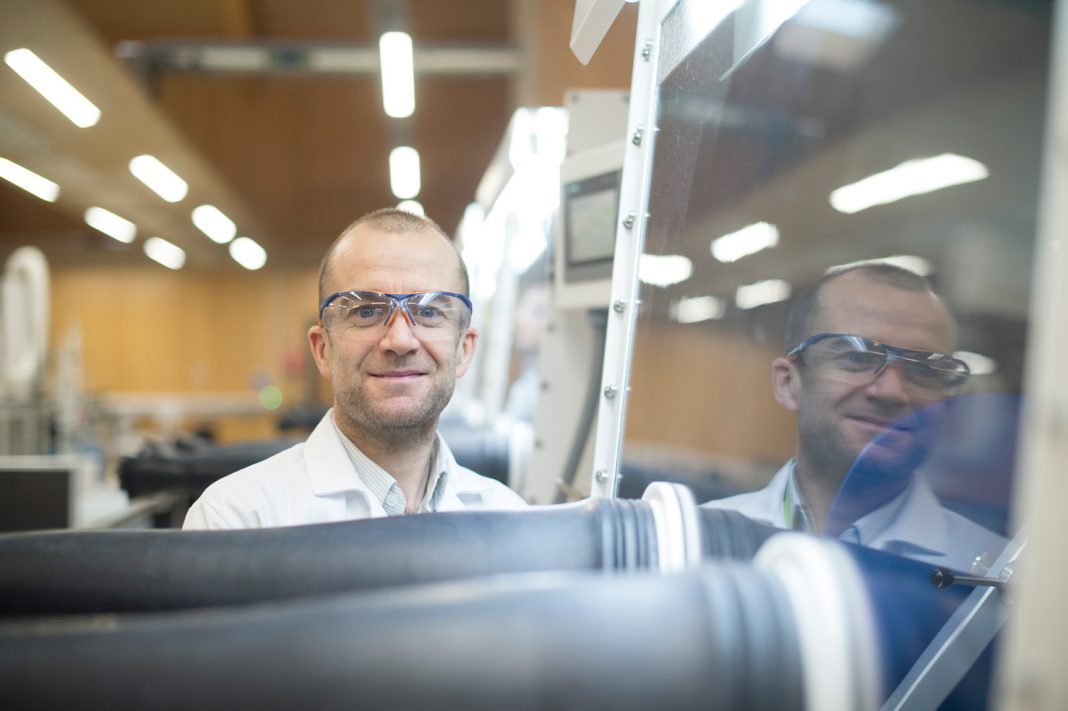A £97 million investment has been allocated to advance lithium-sulfur battery research, a potential game-changer for the transport sector. This funding forms part of a broader initiative aimed at tackling major industry challenges, spanning sectors from artificial intelligence to cybersecurity.
Among the 23 new research collaborations funded through the UKRI Engineering and Physical Sciences Research Council (EPSRC) is a project led by the University of Nottingham’s School of Chemistry. The research will focus on overcoming the challenges associated with lithium-sulfur batteries, which are lighter and potentially more efficient than current lithium-ion batteries but face issues with rapid degradation.
The University of Nottingham’s project, headed by Professor Darren Walsh and in partnership with Gelion plc, aims to extend the lifespan of these batteries. Researchers will employ advanced analytical and electrochemical methods to mitigate the chemical reactions that cause degradation, ultimately striving to create a lab-scale battery that can withstand hundreds of charge cycles without losing energy storage capacity.
This initiative is part of a broader £41 million EPSRC investment, matched by an additional £56 million from academic and industry collaborators, aiming to drive innovations across key sectors. These partnerships ensure that academic research aligns closely with business needs, supporting both economic growth and practical advancements in technology.



